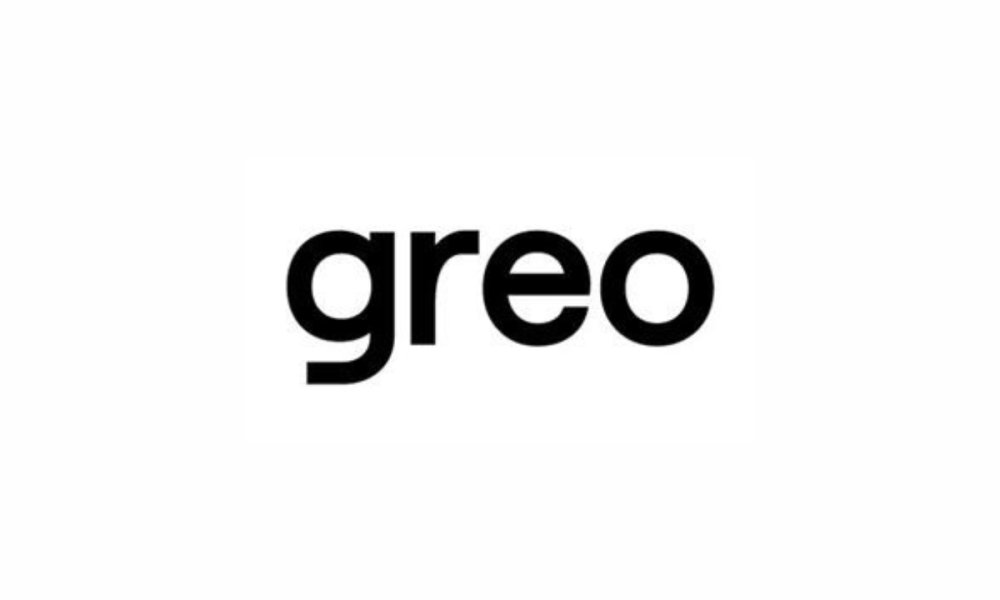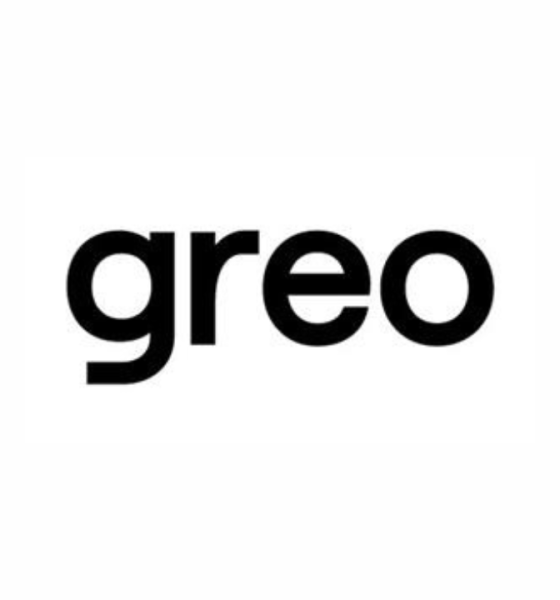

Canada
Call for a National Strategy to Address Gambling-Related Harms in Wake of Sports Betting Boom
Recent gambling policy changes in Canada have led to increased opportunities to legally bet on sports and gamble online, 24 hours a day, seven days a week. Released today, Gambling Availability and Advertising in Canada: A Call to Action looks at the impacts of legal gambling in Canada since the approval of the Safe and Regulated Sports Betting Act in 2021. The report recommends developing a pan-Canadian strategy to address gambling-related harms. This is a new report by Greo Evidence Insights (Greo) and the Canadian Centre on Substance Use and Addiction (CCSA).
This call to action is in response to the significant increase in gambling advertising on billboards, social media, at commercial breaks during sports broadcasts and during sporting events. Increased gambling availability and advertising are expected to contribute to increased gambling in Canada, thereby posing a significant risk of harms among the general population, particularly for youth, young adults and other vulnerable populations.
The report also describes how the increased availability of gambling and in gambling advertising are of great concern because:
- The types of gambling being made available and promoted (single-event sports betting and live or in-play betting) are associated with a greater risk of harm. For example, single-event sports betting increases gambling intensity and gives an illusion of control over the outcome as people believe their knowledge of the game gives them a competitive edge.
- The volume of gambling advertisements repeatedly pairing sports with betting normalizes gambling, leading people to think of betting as an integral part of being a sports fan.
- Increased availability of gambling and in gambling advertising are happening at a time when many people in Canada are more vulnerable to problematic gambling and gambling-related harms because of the lingering health impacts of COVID-19 and a rise in the cost of living.
“Over the last few years, we have witnessed some of the most significant changes in gambling policy since the 1970s,” explained Dr. Matthew Young, Chief Research Officer at Greo, Senior Research Associate at the CCSA and Adjunct Professor at Carleton University. “We have seen a massive increase in gambling advertising and opportunities to gamble. We can no longer watch sports with our kids or go online without being subjected to an overwhelming amount of gambling advertising. Canada is at a critical moment in how it manages gambling. A national strategy or framework — similar to what we have for alcohol, tobacco and cannabis — is critical to manage the expected increased in gambling harm, especially among youth and other vulnerable people.”
The report recommends developing a national strategy that will:
- Develop national standards governing the promotion and availability of gambling;
- Manage conflicts of interest among gambling stakeholders;
- Address inadequate funding for gambling harm prevention and reduction initiatives and research;
- Monitor systematic changes in gambling-related harm, including any assessments of the social and economic costs of gambling; and
- Increase awareness of gambling-related harms among health and social service professionals and the public.
“Increased gambling among people living in Canada will undoubtebly result in increased harms and therefore increased societal costs. These include healthcare costs, criminal-justice costs, child welfare costs, increased unemployment and lost productivity costs because of gambling-related suicide,” says Dr. Pam Kent, Director of Research and Emerging Trends at CCSA. “We need to think about our approach and ensure that it considers not only short-term government revenue and economic activity but also the longer-term societal costs. That’s why we need a national strategy.”
Betty
Thunderkick commits to growth in Ontario with Betty partnership

Independent slots studio Thunderkick has agreed a deal with Ontario-based operator Betty to supply the rapidly growing online casino with a diverse collection of globally popular titles.
Betty, an official partner of sporting franchises Toronto Maple Leafs and Toronto Raptors, has risen to prominence since its 2022 establishment, when it was built following the consultation of 300 casino players to create the optimal iGaming environment.
Distinguishing itself from North American competitors by catering specifically to slot enthusiasts rather than sports bettors, the operator has curated a portfolio of 2,800 games, hand-picked to deliver customers maximum entertainment value.
Thunderkick’s content is the latest to be integrated into Betty’s online casino, and the agreement will see a selection of its most popular titles, including The Wildos 2, Midas Golden Touch 3, and Esqueleto Explosivo 3, made available to a greater number of Ontarian players.
Thunderkick marked its debut in the Canadian province in Q2 of 2024, and has since partnered with a network of leading operators to improve its market position. The collaboration with Betty will further amplify its visibility in a key jurisdiction as the provider looks to reinforce its reputation as a global slot developer.
Svante Sahlström, CCO at Thunderkick, said: “It’s our mission at Thunderkick to go deeper, not wider, in 2025. That means forging meaningful, lasting relationships in target markets as opposed to securing as many commercial deals as possible.
“Since entering Ontario over 12 months ago, we have worked tirelessly to enhance our presence in the province, and working with leading brands such as Betty allows us to bring our unique games to a deeper pool of Canadian players.”
Paraskeva Smirnova, Casino Operations Manager at Betty, added: “Betty’s USP has always been our drive to build a slot portfolio with the very best titles from the industry’s most creative suppliers.
“Thunderkick’s passion for slot development is there for all to see, and the introduction of its games to our casino further elevates the consumer experience.”
The post Thunderkick commits to growth in Ontario with Betty partnership appeared first on Gaming and Gambling Industry in the Americas.
BCLC
Save the Date: BCLC’s New Horizons in Safer Gambling Conference Returns November 2026

BCLC is pleased to announce the return of the New Horizons in Safer Gambling Conference, taking place November 2–4, 2026, at the JW Marriott Parq Vancouver.
This global event brings leading voices in research, policy and industry together to explore innovative approaches to safer gambling. Attendees can expect two days of forward-thinking dialogue, evidence-based insights and collaborative solutions to help shape the future of player health.
Sponsorship Opportunities Now Available
New to the 2026 conference, BCLC is excited to offer sponsorship opportunities to organizations that share BCLC’s passion for safer gambling. Benefits of sponsoring New Horizons 2026 include industry visibility, leadership recognition and meaningful engagement with a global audience. To learn more about sponsorship, please e-mail [email protected].
Registration and program details will be released later this fall.
The post Save the Date: BCLC’s New Horizons in Safer Gambling Conference Returns November 2026 appeared first on Gaming and Gambling Industry in the Americas.
Canada
absolutebet Secures AGCO Registration as an Internet Gaming Operator in Ontario

Internet Gaming Operator by the Alcohol and Gaming Commission of Ontario (AGCO).
This significant milestone authorizes absolutebet to offer regulated iGaming services in Ontario’s legal market under the oversight of AGCO and iGaming Ontario (iGO).
The registration marks a key step in absolutebet’s mission to bring a trusted, responsible, and innovative online casino experience to Ontario players. absolutebet is committed to operating with integrity and transparency, meeting all provincial standards for player protection, responsible gambling, anti-money laundering, and game integrity.
“Securing AGCO registration is more than a milestone—it’s the start of absolutebet’s journey in one of the most exciting regulated markets in the world,” said Chen Truman, Founder of absolutebet. “We are building a brand that will grow with the Ontario community and set the stage for future expansion.”
On the regulatory milestone, Krisztina Kalla, Legal & Regulatory Compliance Advisor of absolutebet, commented: “I’m incredibly proud to see all the hard work behind this license pay off. Securing AGCO registration has taken months of preparation and close collaboration with regulators and partners. I am very happy to see the result of that work, and even more excited as we move into the launch phase and open up the absolutebet community to Ontario players in a fun and responsible way.”
Ontario is recognized as one of the most competitive and fast-growing regulated iGaming markets in North America. With AGCO registration secured, absolutebet will move forward with the final stages of its iGO onboarding process in preparation for launch.
The post absolutebet Secures AGCO Registration as an Internet Gaming Operator in Ontario appeared first on Gaming and Gambling Industry in the Americas.
-

 gaming3 years ago
gaming3 years agoODIN by 4Players: Immersive, state-of-the-art in-game audio launches into the next generation of gaming
-
EEG iGaming Directory9 years ago
iSoftBet continues to grow with new release Forest Mania
-
News7 years ago
Softbroke collaborates with Asia Live Tech for the expansion of the service line in the igaming market
-
News7 years ago
Super Bowl LIII: NFL Fans Can Bet on the #1 Sportsbook Review Site Betting-Super-Bowl.com, Providing Free Unbiased and Trusted News, Picks and Predictions
-
iGaming Industry8 years ago
Rick Meitzler appointed to the Indian Gaming Magazine Advisory Board for 2018
-
News7 years ago
REVEALED: Top eSports players set to earn $3.2 million in 2019
-
iGaming Industry8 years ago
French Senator raises Loot Boxes to France’s Gambling Regulator
-
News7 years ago
Exclusive Interview with Miklos Handa (Founder of the email marketing solutions, “MailMike.net”), speaker at Vienna International Gaming Expo 2018















